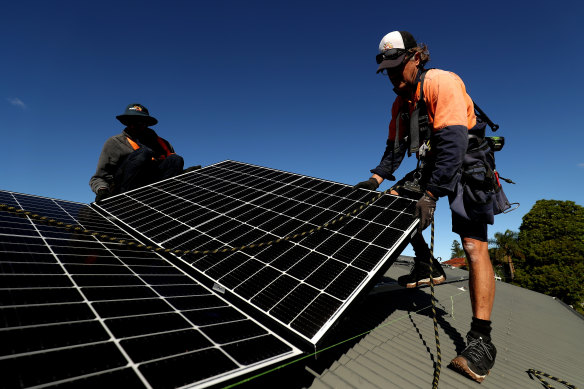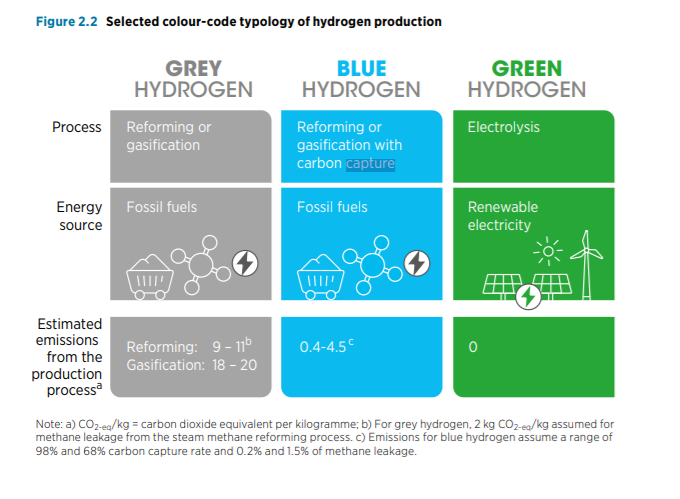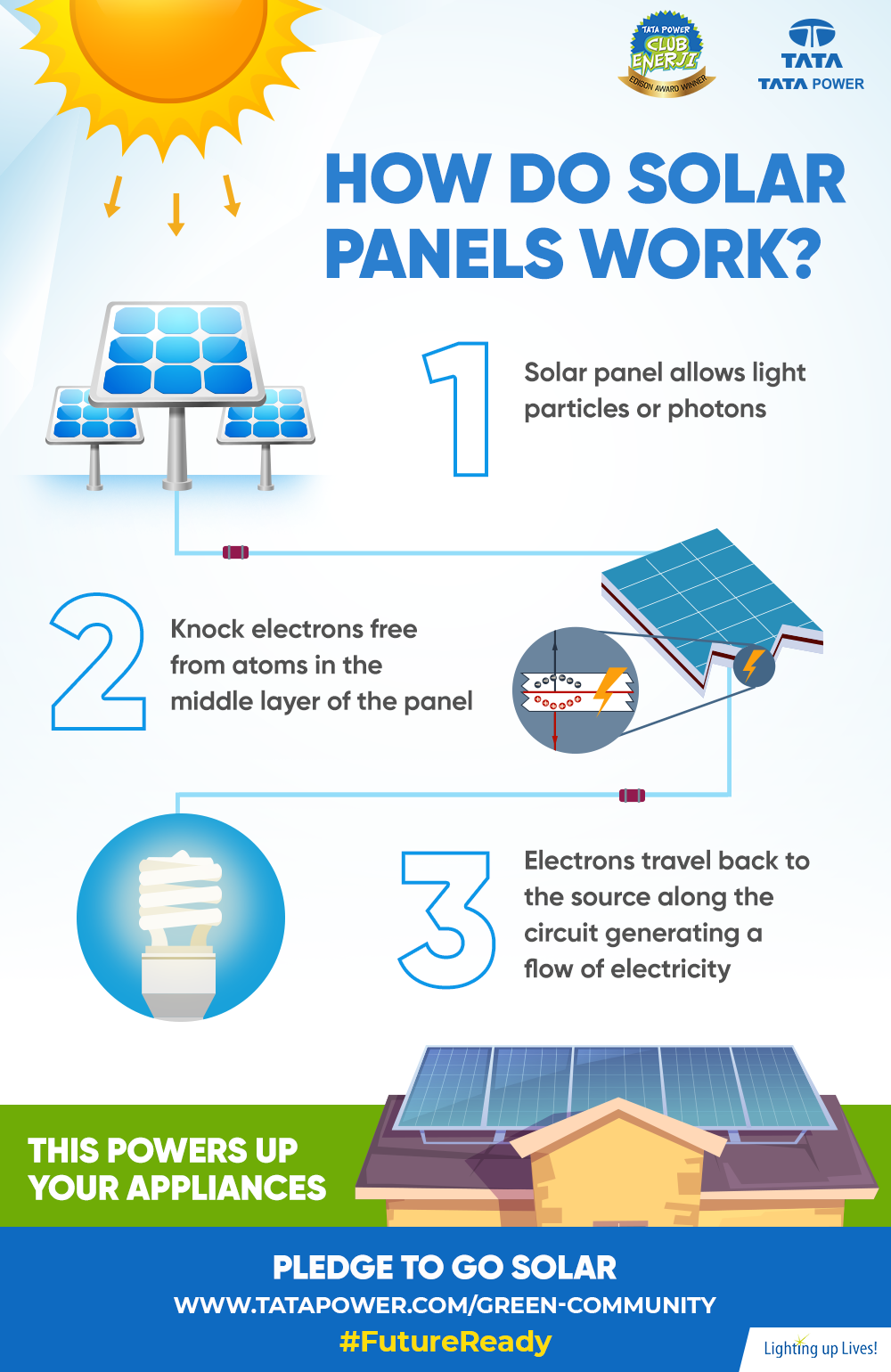
A sustainable energy definition describes a way to supply and use energy that meets the current needs, while minimizing environmental damage. It takes into account economic, social, and environmental factors. In essence, sustainable energy is energy that meets all our needs without compromising future generations' ability. It must also be safe for the environment and affordable for all. This definition is very broad and there are many variations.
A sustainable energy definition is an energy source and consumption that causes less damage to the environment.
It is energy that can be produced and used to meet the current needs without causing damage to the environment. This type of energy is free and renewable, and is derived from sources that do not harm the environment. The majority of renewable energy sources are sustainable and are readily available.
Renewable energy sources include wind, solar, water and geothermal. They can be replenished in a person's lifetime and don't cause long-term environmental damage. Alternative energy sources like geothermal and advanced composites are also sustainable.

It includes environmental considerations
Energy sustainability refers to the assessment of environmental factors that can have an impact on energy production and use. To reduce energy consumption and carbon emissions, it is possible to reduce material inputs. It is important to consider resource efficiency. It is estimated that global consumption of primary materials will double by the year 2050. To reduce the demand for resources while protecting the environment, renewable energy sources are possible.
Energy sustainability also involves considerations of social and economic aspects. In general, renewable resources are more environmentally friendly that fossil fuels. However, not all renewable energy projects are created equal. Moreover, it is important to consider whether a particular technology can be adopted by a community, as this can influence its costs and benefits.
It covers both economic and social aspects.
Energy sustainability is a multifaceted concept that encompasses social, economic, and environmental aspects. These three aspects work together to promote a more sustainable future for our energy needs. The lifeblood of society is energy. A sustainable supply is crucial for reaching the SDGs, including improved health, education, and environmental protection.
The social and economic dimensions of energy sustainability work together to reduce pollution and improve efficiency. They work together to promote renewable energy, green technology, and other ways of reducing energy use. They promote environmental justice as well as global stewardship.

It's economically feasible
There are many ways to improve the energy sustainability in buildings. These technologies include passive technology and the use of renewable energy. These measures' success will depend on many factors, including culture, lifestyle, behavior, and other social factors. The introduction of district energy systems is another way to increase energy sustainability in buildings. These systems use both conventional and renewable resources to generate power and can cover a wide geographic area.
Energy is an essential part of our daily lives. It is used to provide a wide variety of services such as transportation, lighting and heating, as well as industrial processes. These services include the entire lifecycle of energy, from obtaining and converting energy sources to transporting, storing, and transporting them. These services are essential for maintaining a decent standard in life and supporting societal growth.